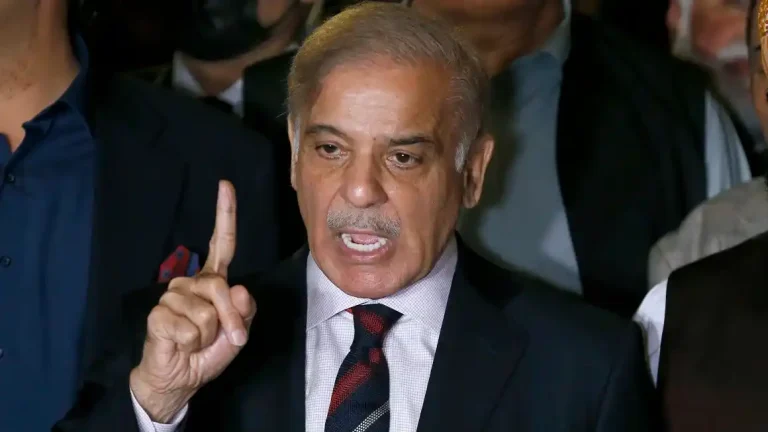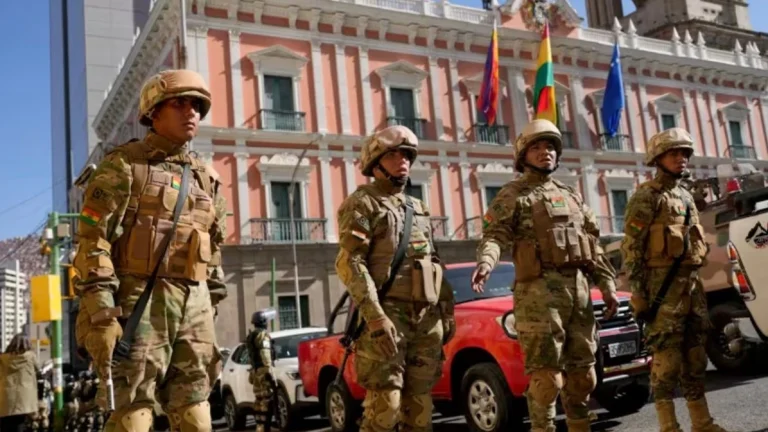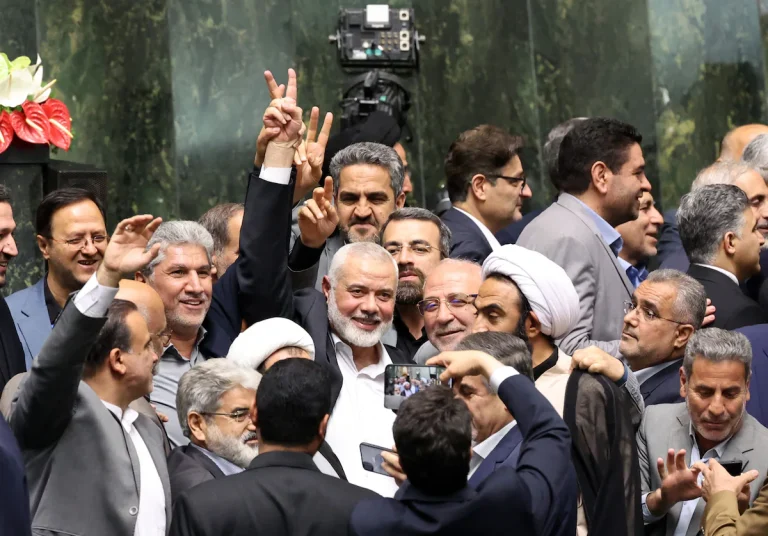The invitation extended by Pakistan to Indian Prime Minister Narendra Modi to attend the upcoming Shanghai Cooperation Organisation (SCO) summit in October 2024 adds a significant layer to the complex and often volatile relationship between India and Pakistan. This diplomatic gesture comes at a time when bilateral ties between the two nuclear-armed neighbors remain strained, primarily due to longstanding issues such as the Kashmir conflict, cross-border terrorism, and divergent strategic interests.
Historically, the relationship between India and Pakistan has been characterized by periods of intense hostility, interrupted by brief phases of dialogue and engagement. The two countries have fought several wars and engaged in numerous military skirmishes, particularly over the disputed region of Jammu and Kashmir. In recent years, these tensions have been exacerbated by incidents such as the Pulwama attack in 2019 and the subsequent Balakot airstrikes, leading to a near-complete breakdown in formal diplomatic communications.
Within this context, Pakistan’s decision to invite Prime Minister Modi to the SCO summit can be seen as a carefully calculated move aimed at exploring the possibility of thawing relations, albeit within a multilateral setting. The SCO, with its emphasis on regional security, economic cooperation, and counterterrorism, provides a neutral platform where both India and Pakistan can engage without the pressures and expectations that typically accompany bilateral talks.
For India, the decision to accept or decline the invitation carries significant implications. Attending the summit in Islamabad could signal a willingness to engage with Pakistan, despite the ongoing disputes, potentially opening a new chapter in Indo-Pak relations. On the other hand, declining the invitation might reinforce the status quo, underscoring India’s stance on terrorism and its demand for concrete actions from Pakistan before any substantive dialogue can resume.
Pakistan, on the other hand, might view this invitation as an opportunity to showcase its commitment to regional stability and its readiness to engage in dialogue, even with a longstanding adversary like India. Hosting the SCO summit with the attendance of all member states, including India, could be framed as a diplomatic success for Pakistan, highlighting its role as a facilitator of regional cooperation.
The larger geopolitical dynamics also play a crucial role in this context. Both India and Pakistan are key players in the South Asian region, and their relationship has significant implications for regional stability. The involvement of other major powers within the SCO, such as China and Russia, adds another layer of complexity. China, a close ally of Pakistan, has historically supported Pakistan’s stance in regional disputes, while Russia, traditionally a partner of India, has also been seeking to balance its relations with both countries within the SCO framework.
In recent years, the SCO has increasingly focused on issues like counterterrorism, regional connectivity, and economic collaboration. For India, engaging in these discussions within the SCO could be an opportunity to address its security concerns, particularly regarding cross-border terrorism, in a forum that includes both Pakistan and other influential regional players. Conversely, Pakistan might use the platform to advocate for a more comprehensive approach to regional security, one that includes addressing underlying political disputes, such as the Kashmir issue.
As Pakistan continues to confront significant challenges from terrorism and militant activities, which have resulted in the martyrdom of hundreds of thousands of its people, the importance of regional cooperation cannot be overstated. Both countries stand to benefit immensely from working together, not only for the betterment of their own populations but also for the broader goal of achieving lasting peace in the region.
Let’s hope for the best that these neighboring atomic states can come closer and work together for the betterment of their masses. Such cooperation would not only help address the pressing issues of terrorism and militancy but also pave the way for regional peace, which remains a crucial and achievable goal through mutual understanding and collaboration.





